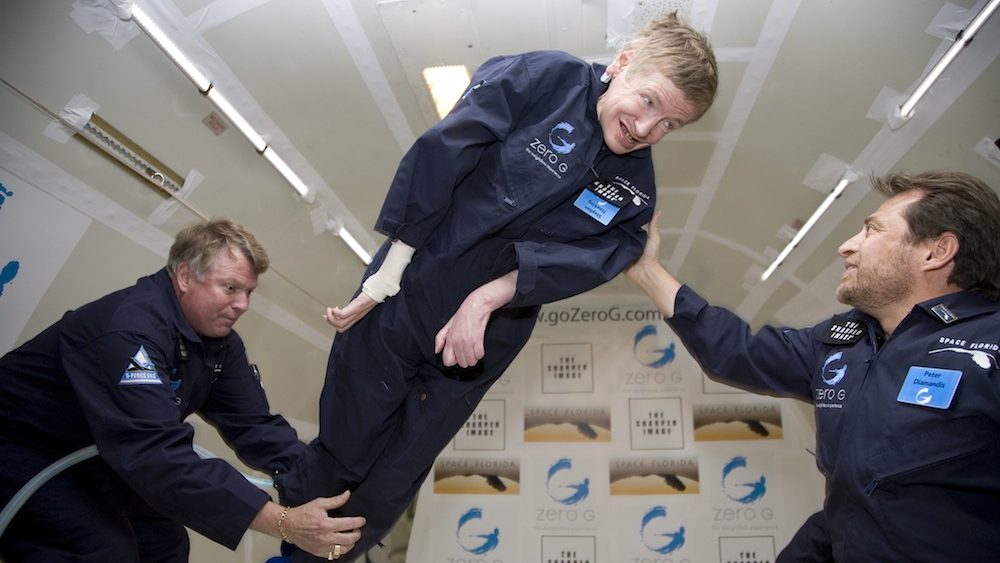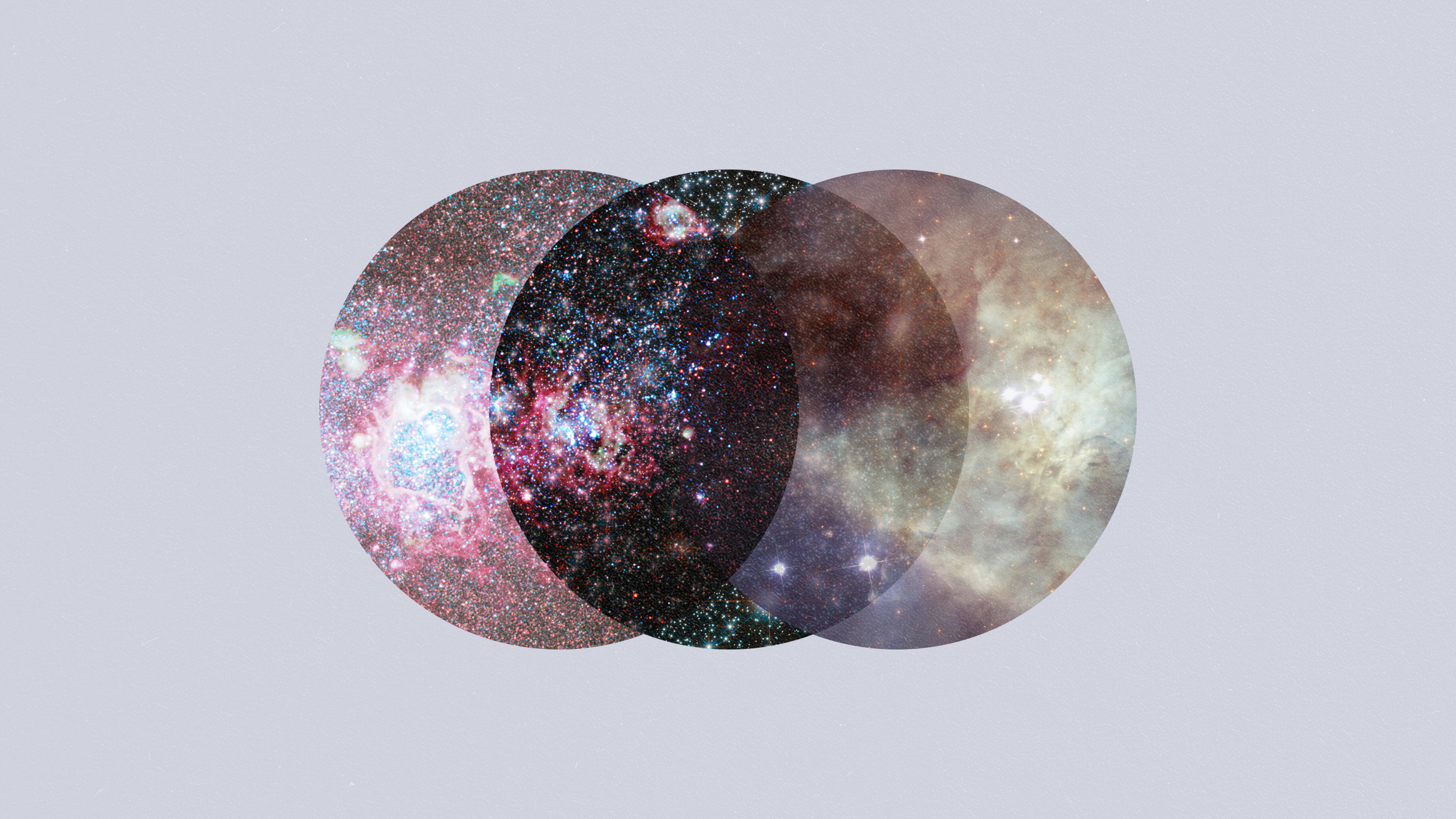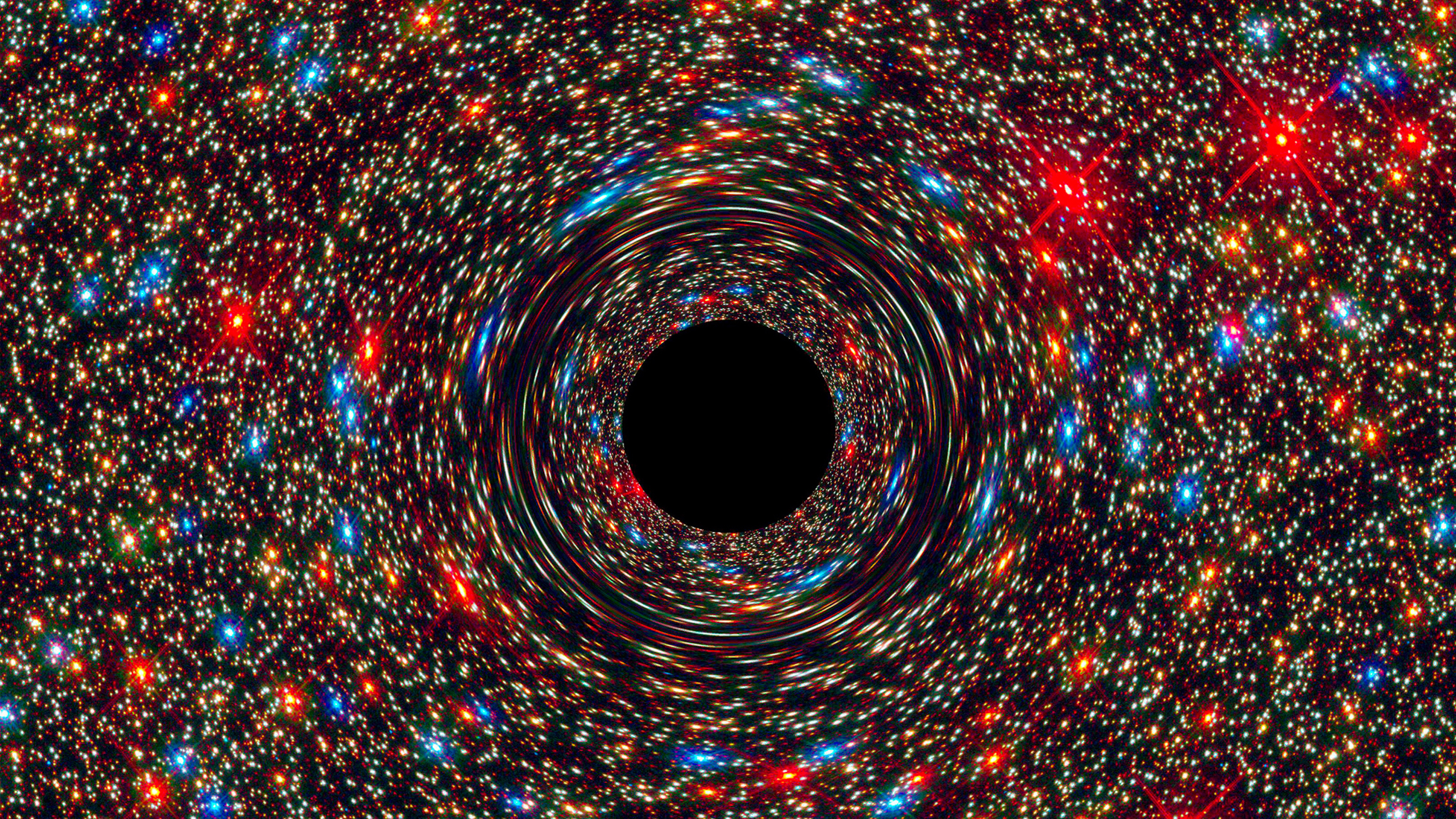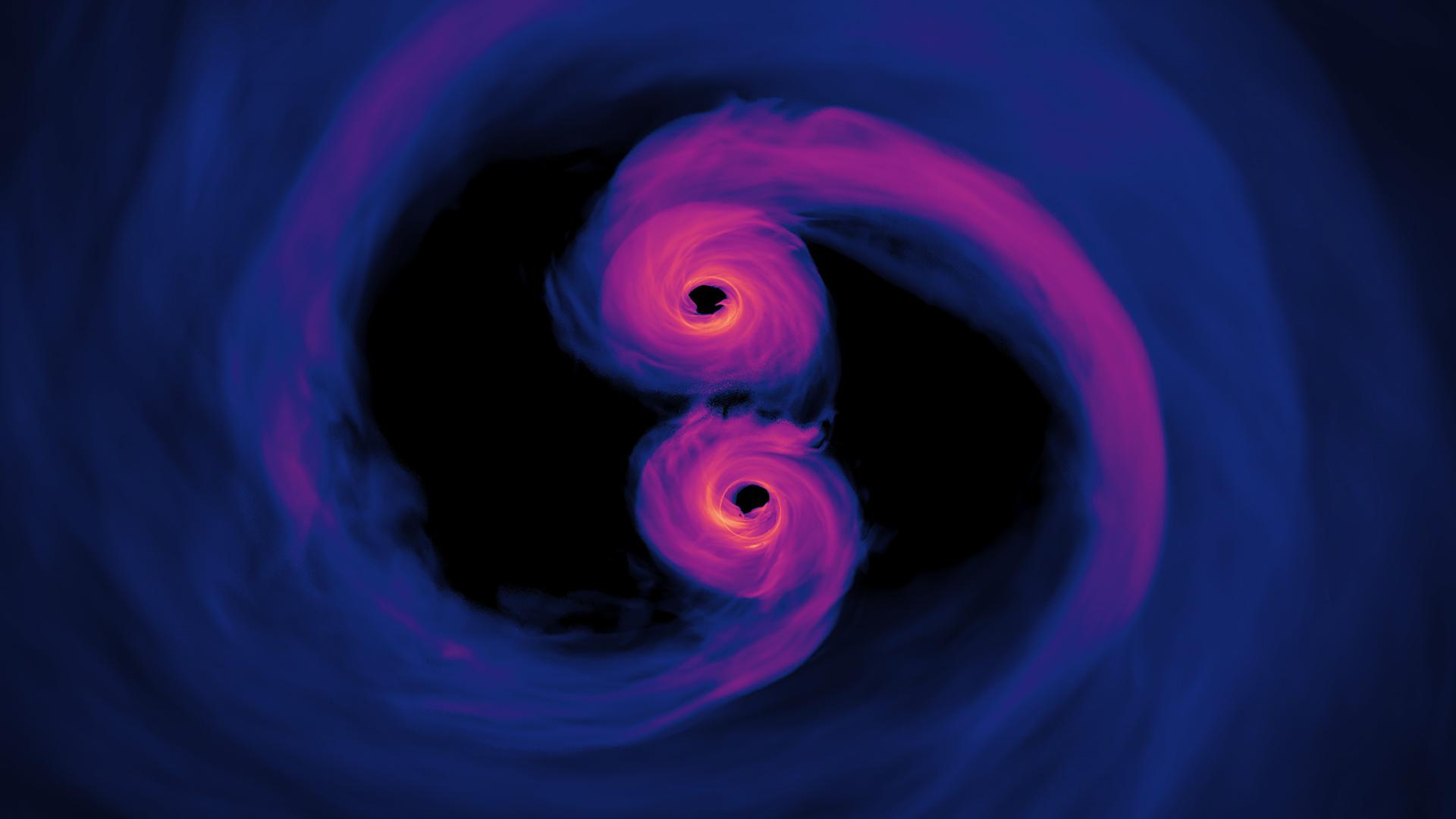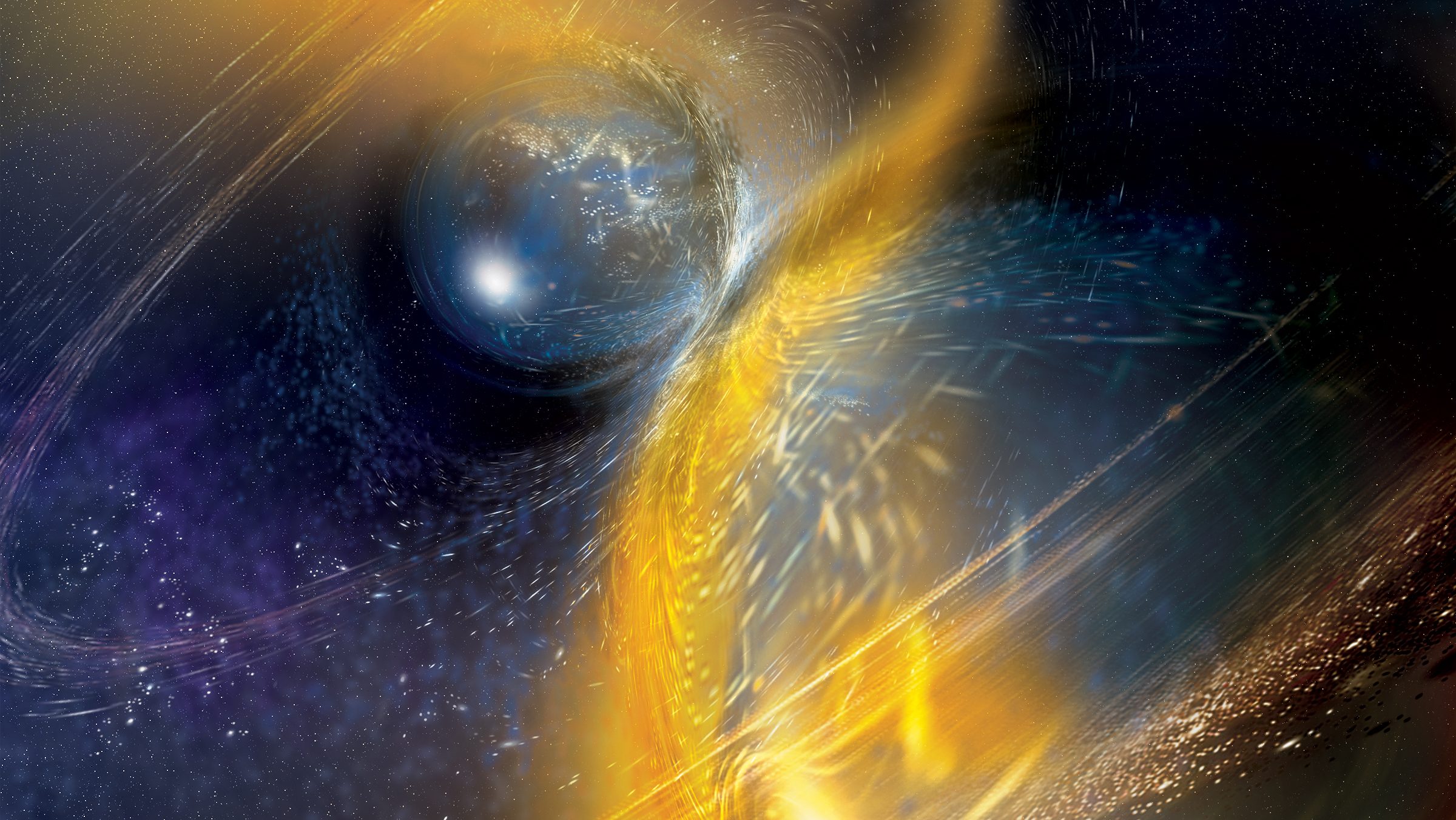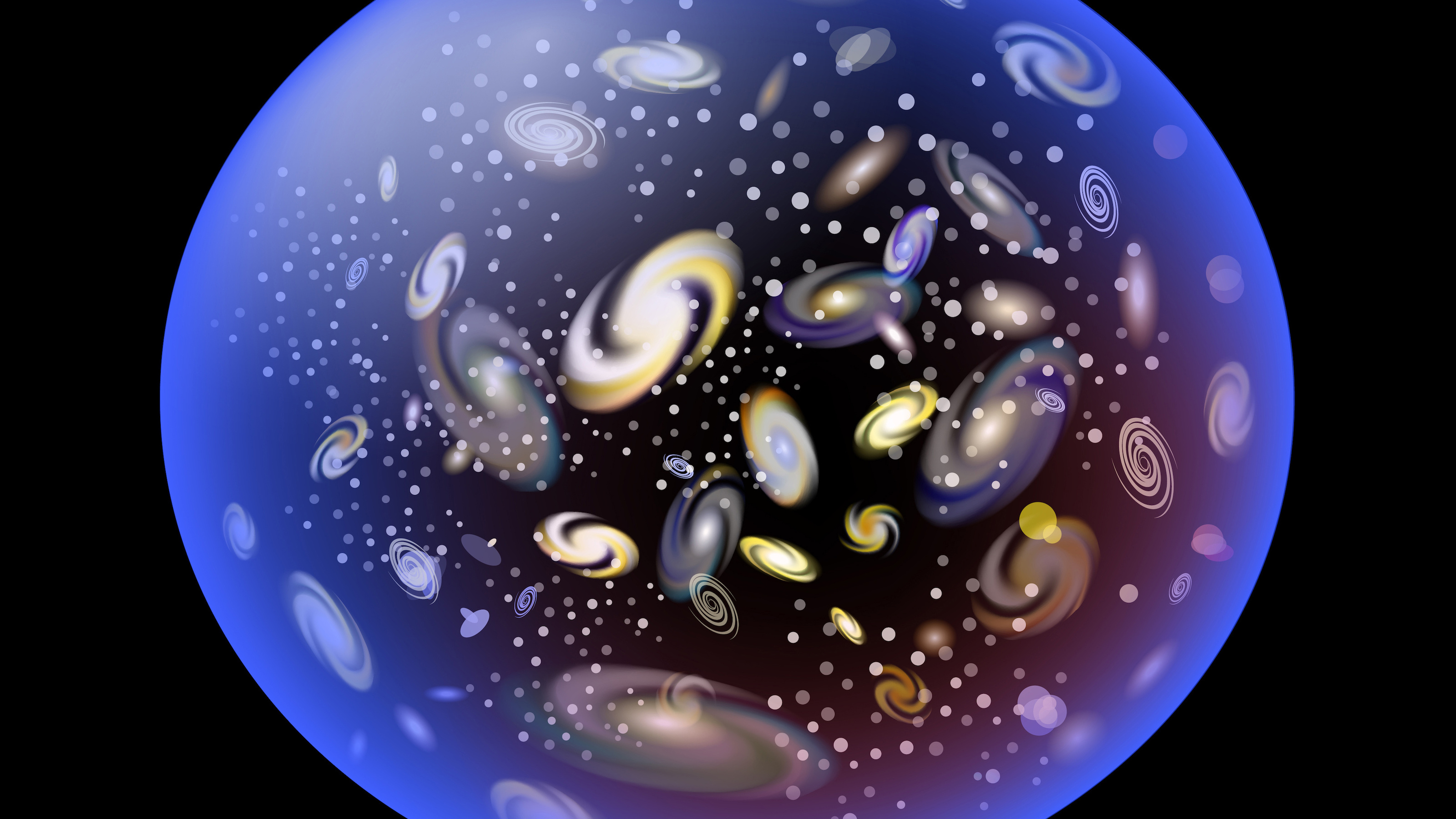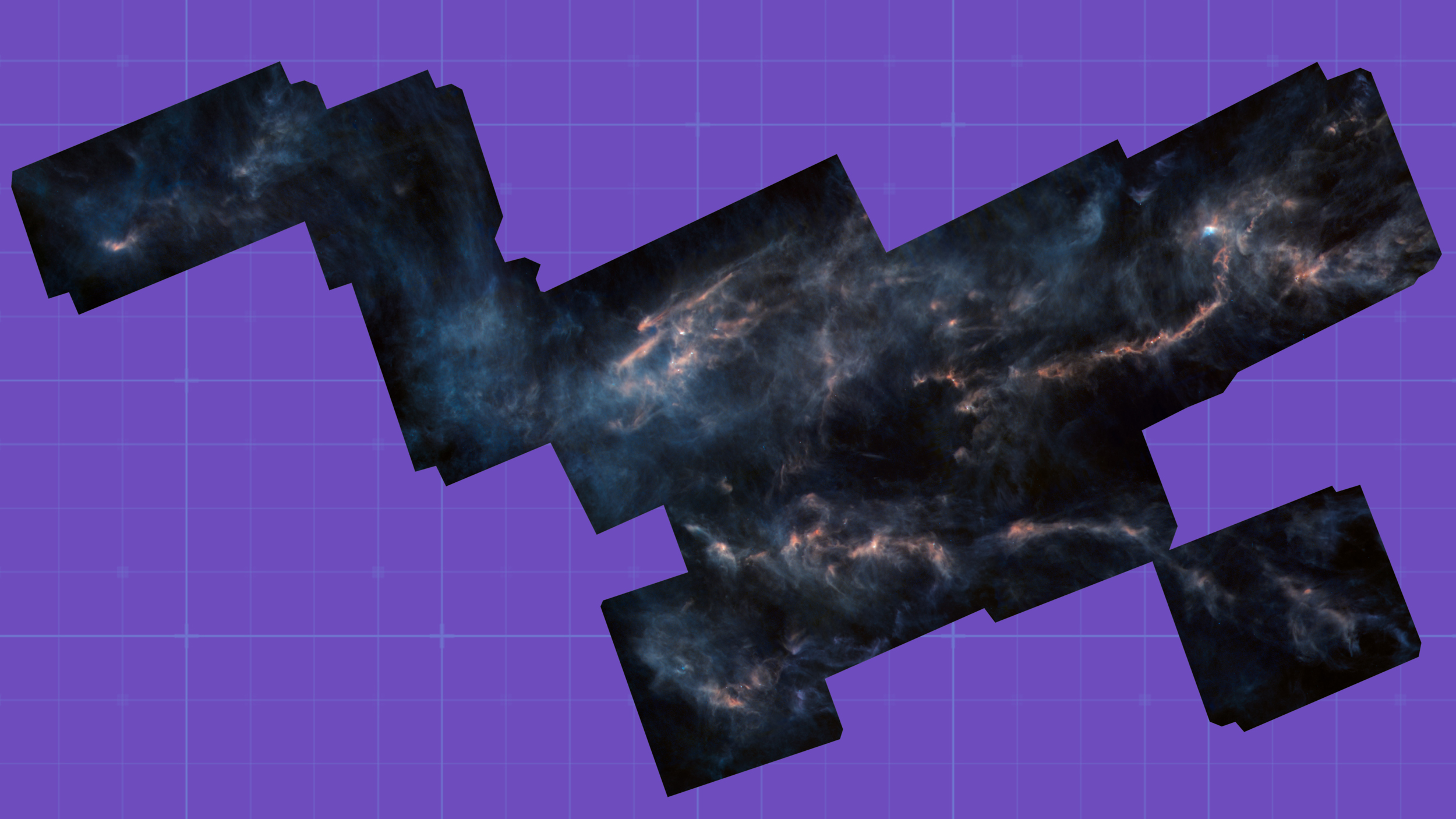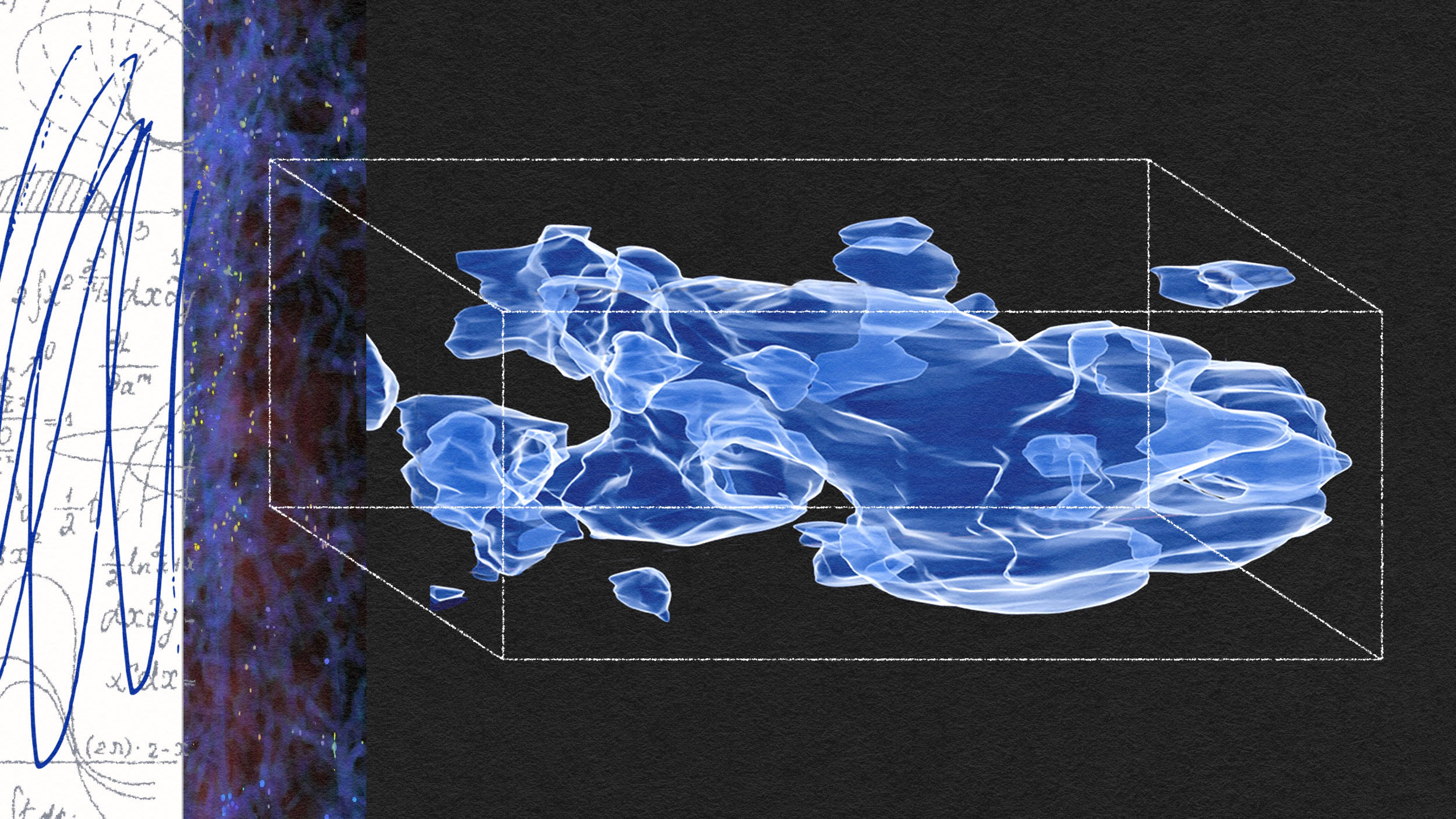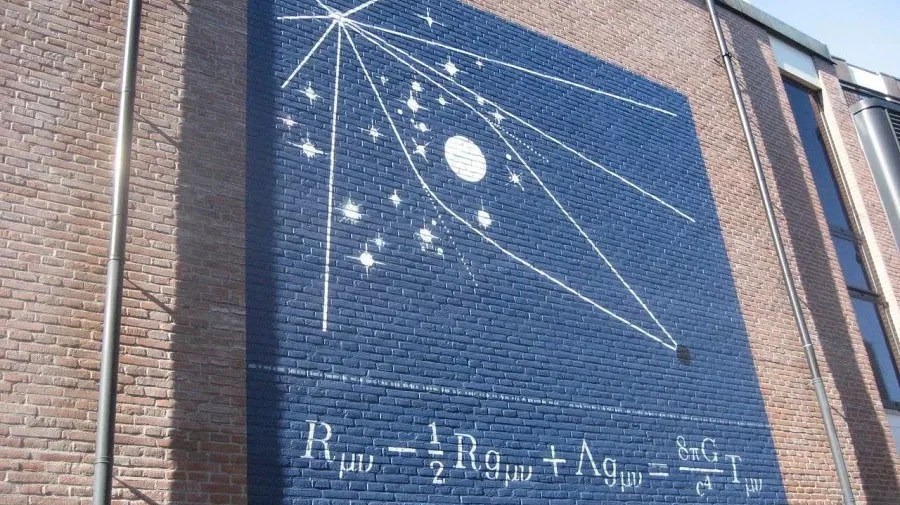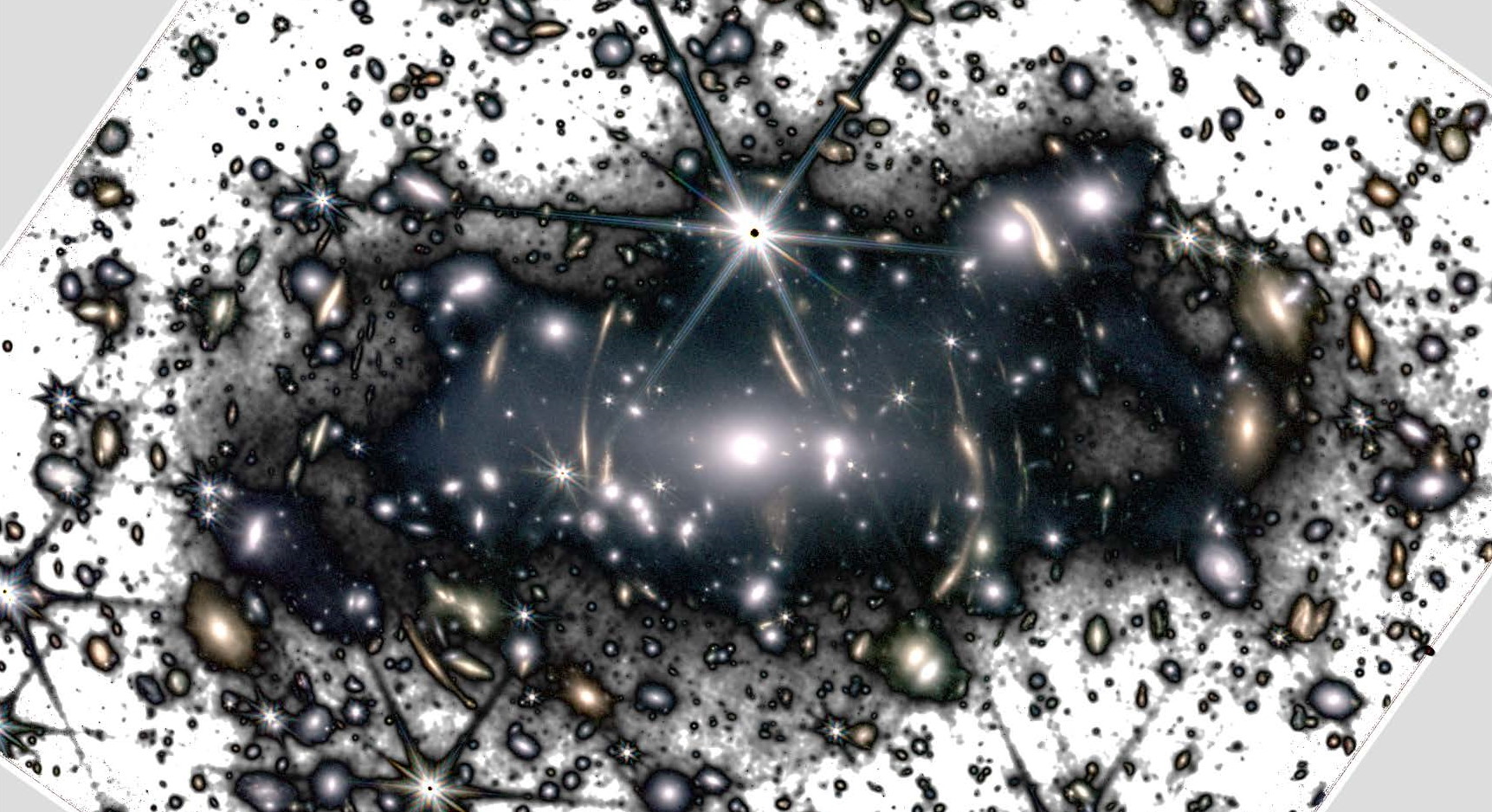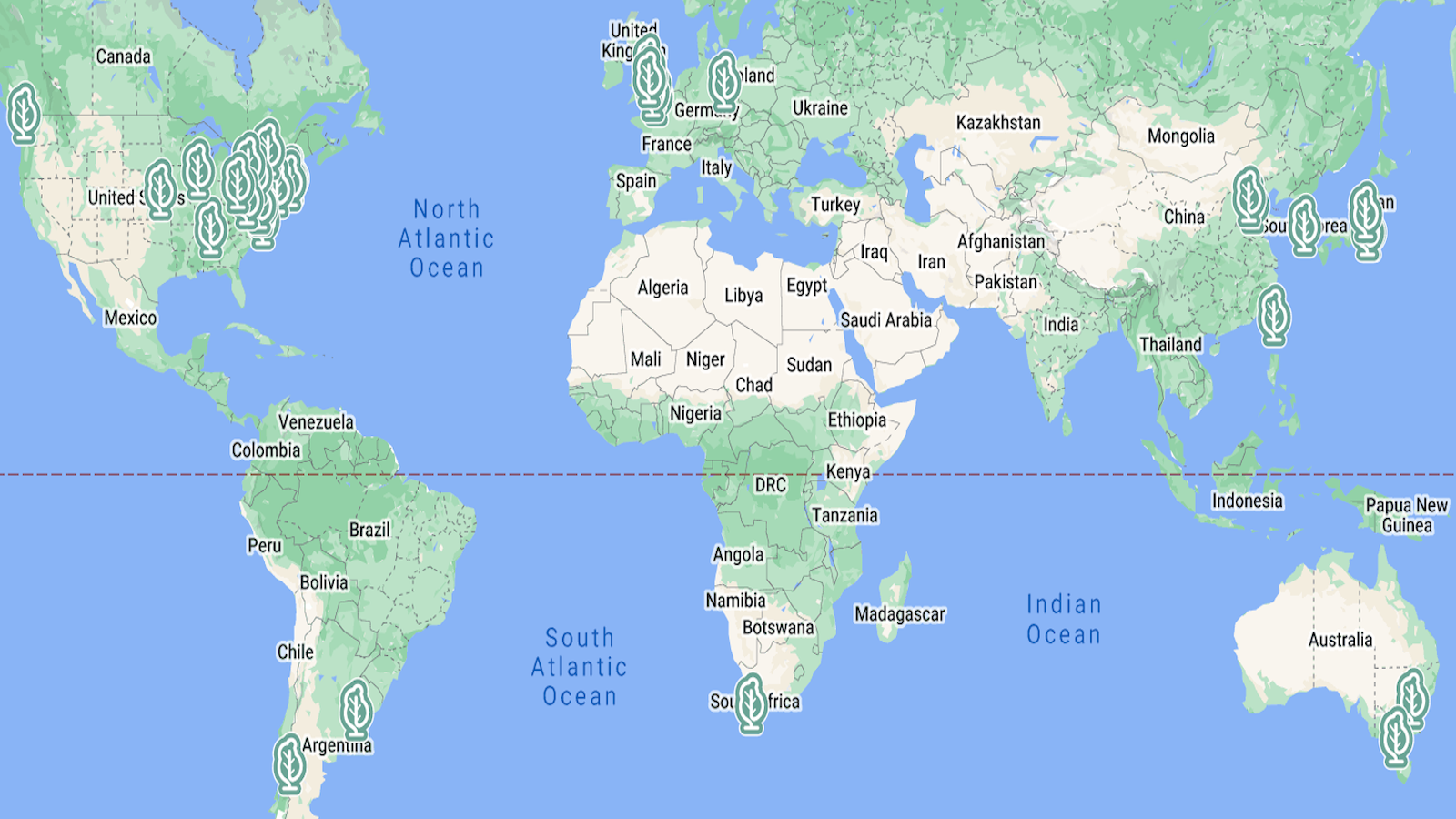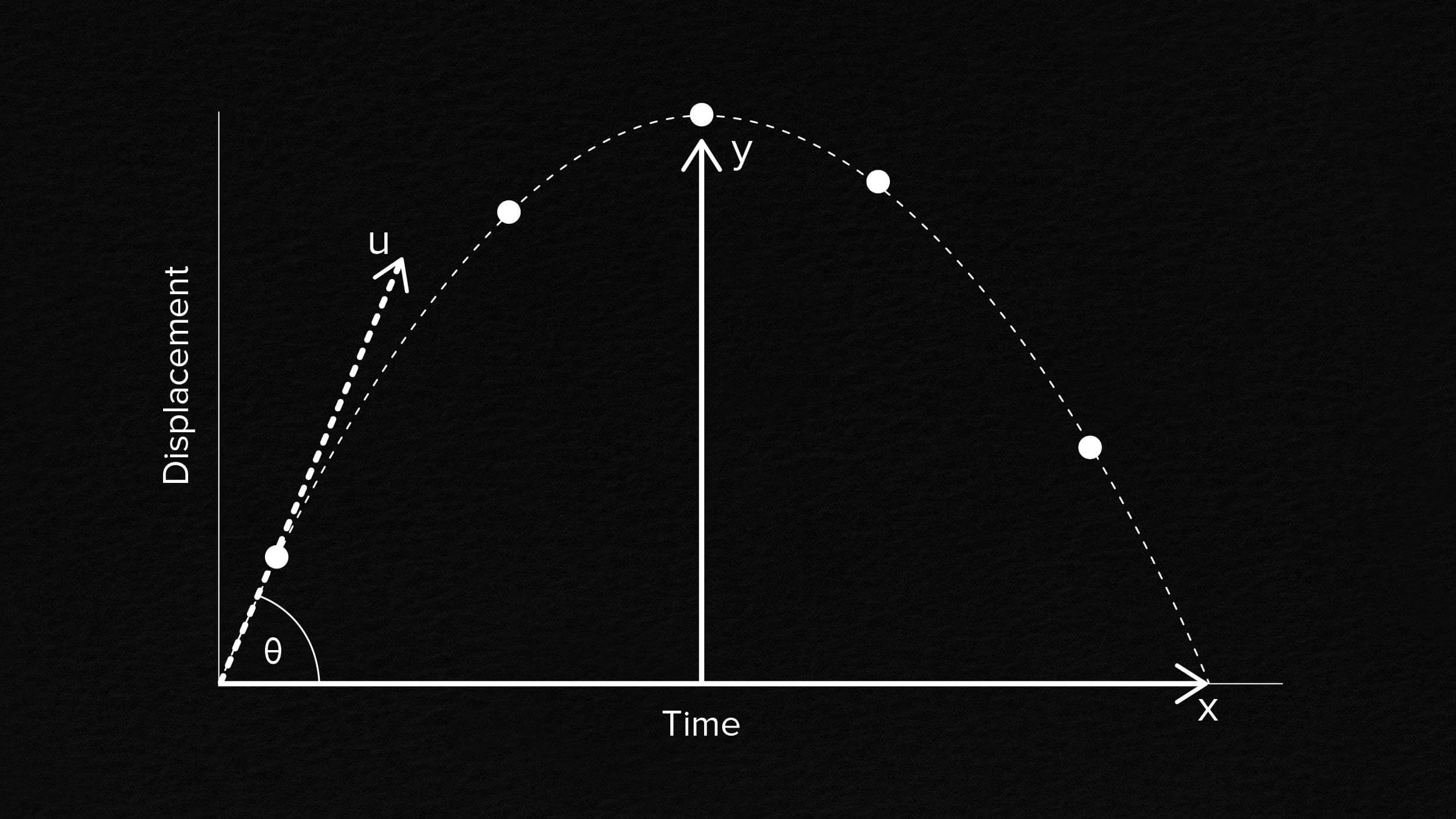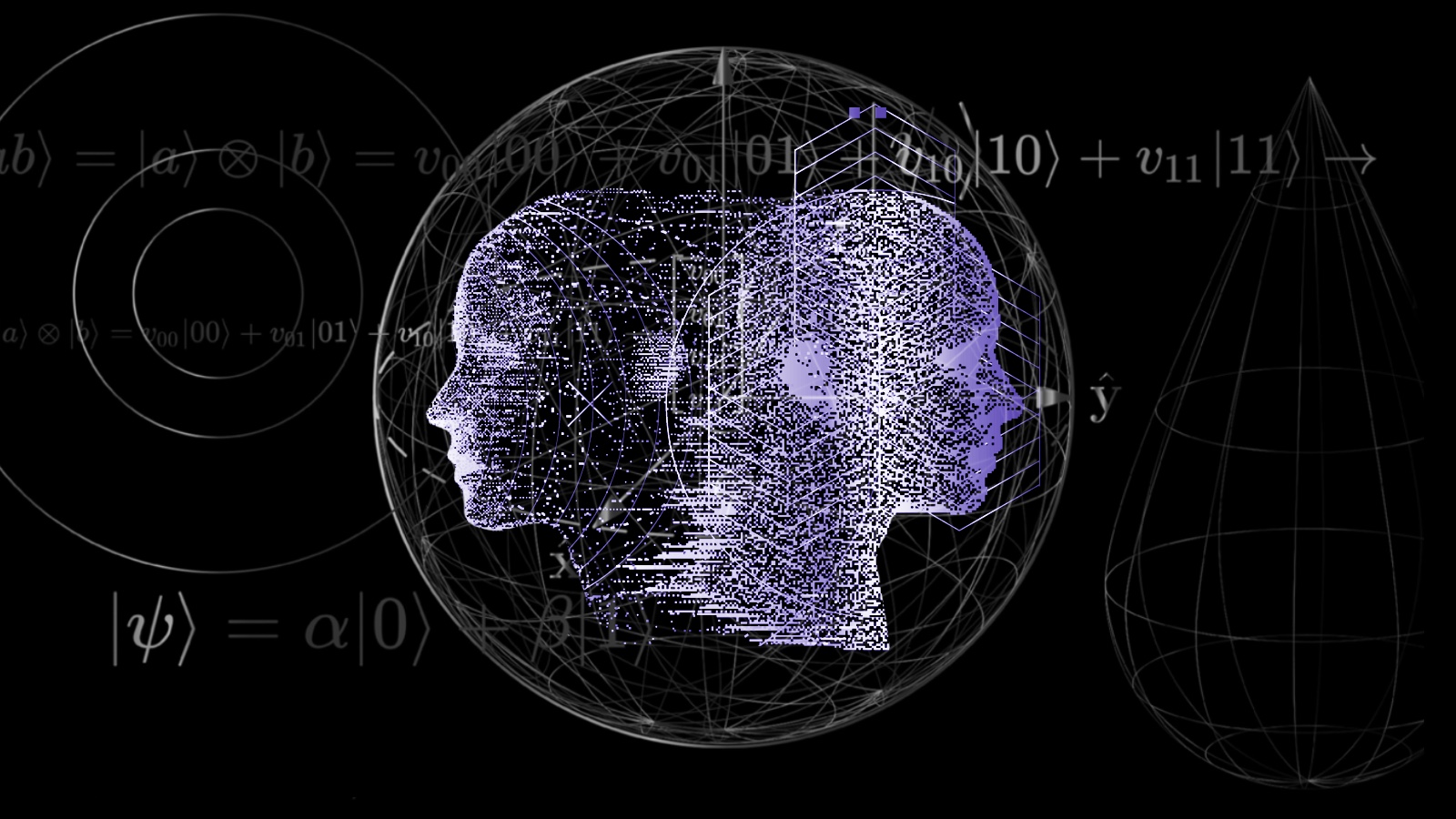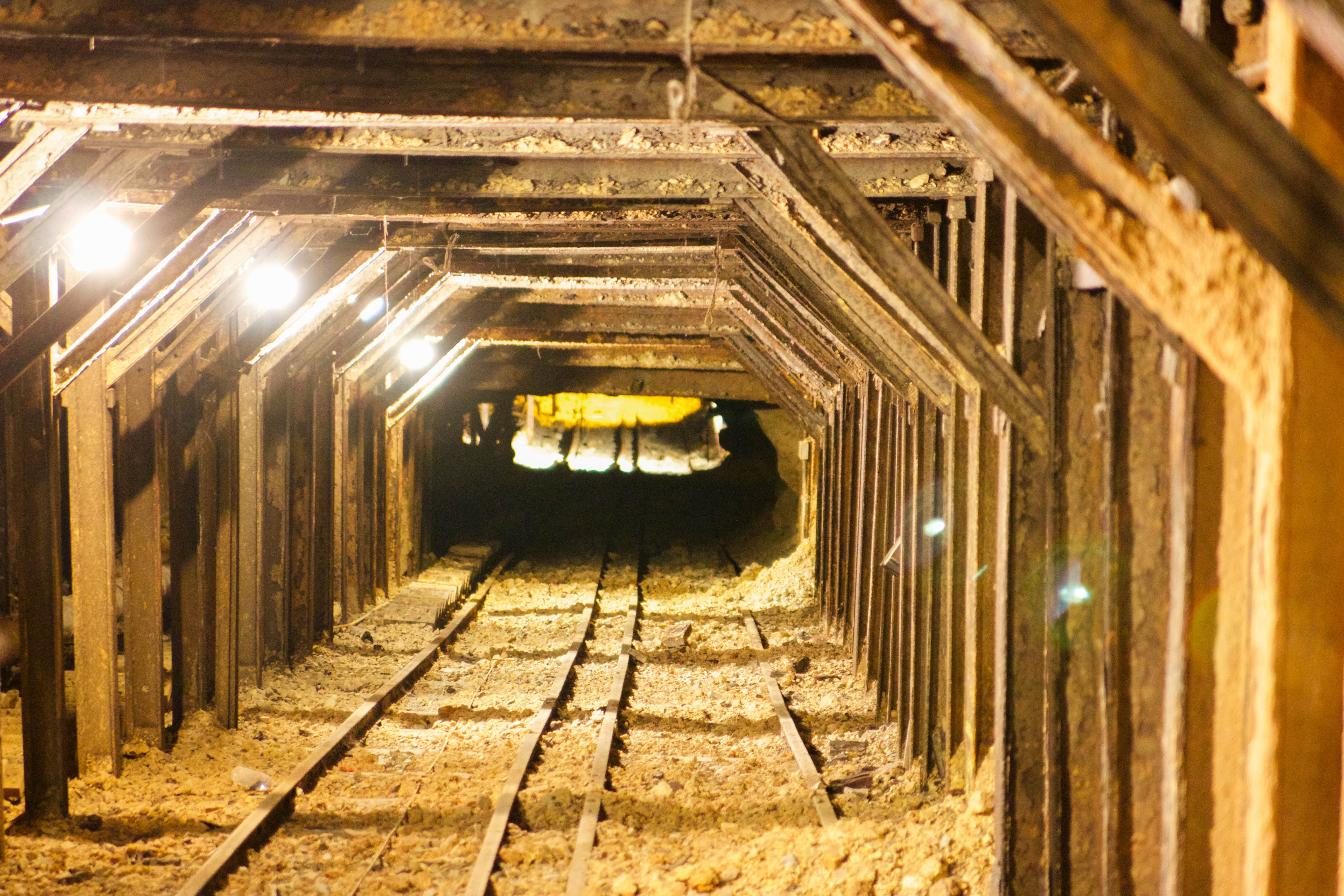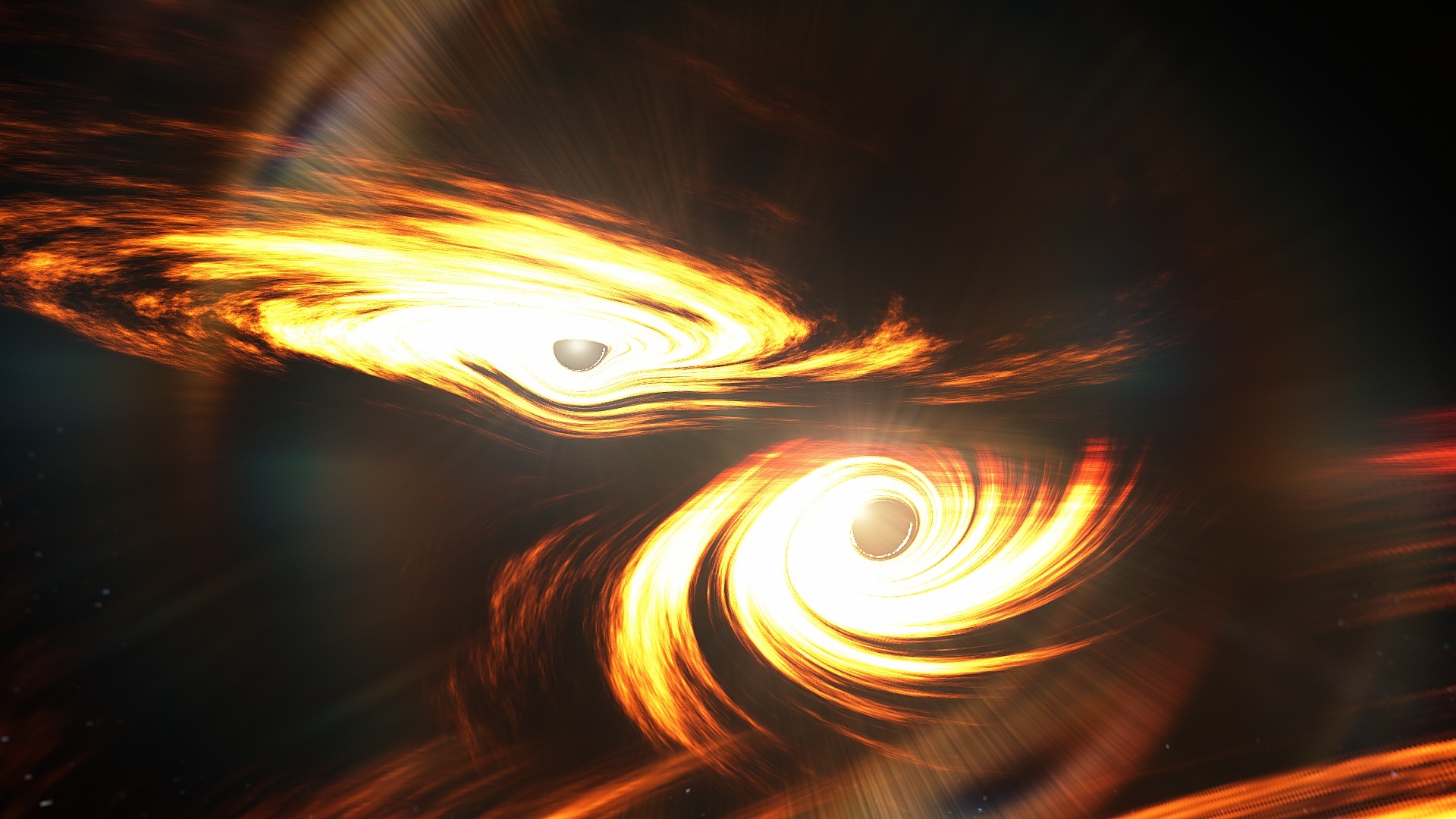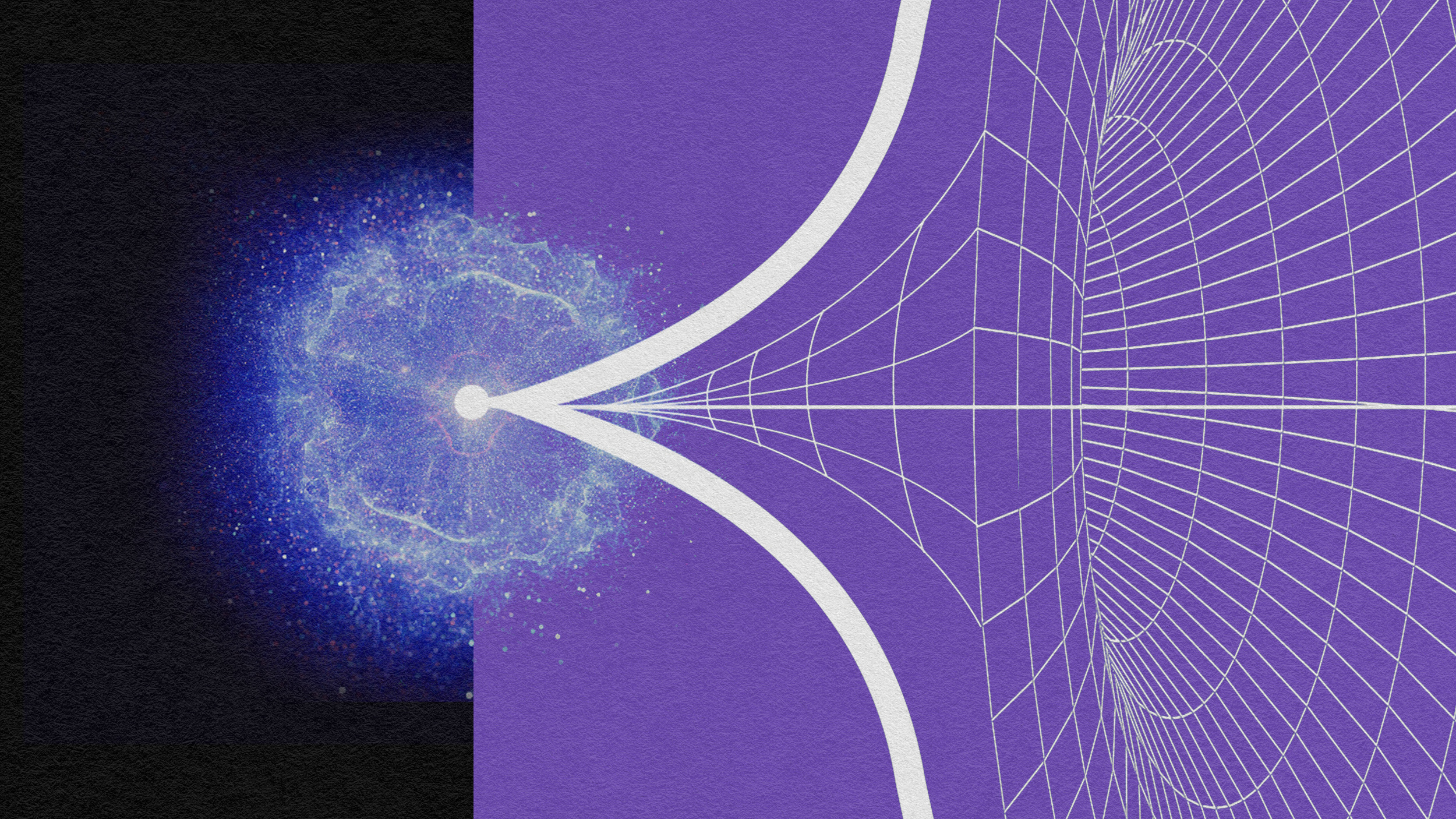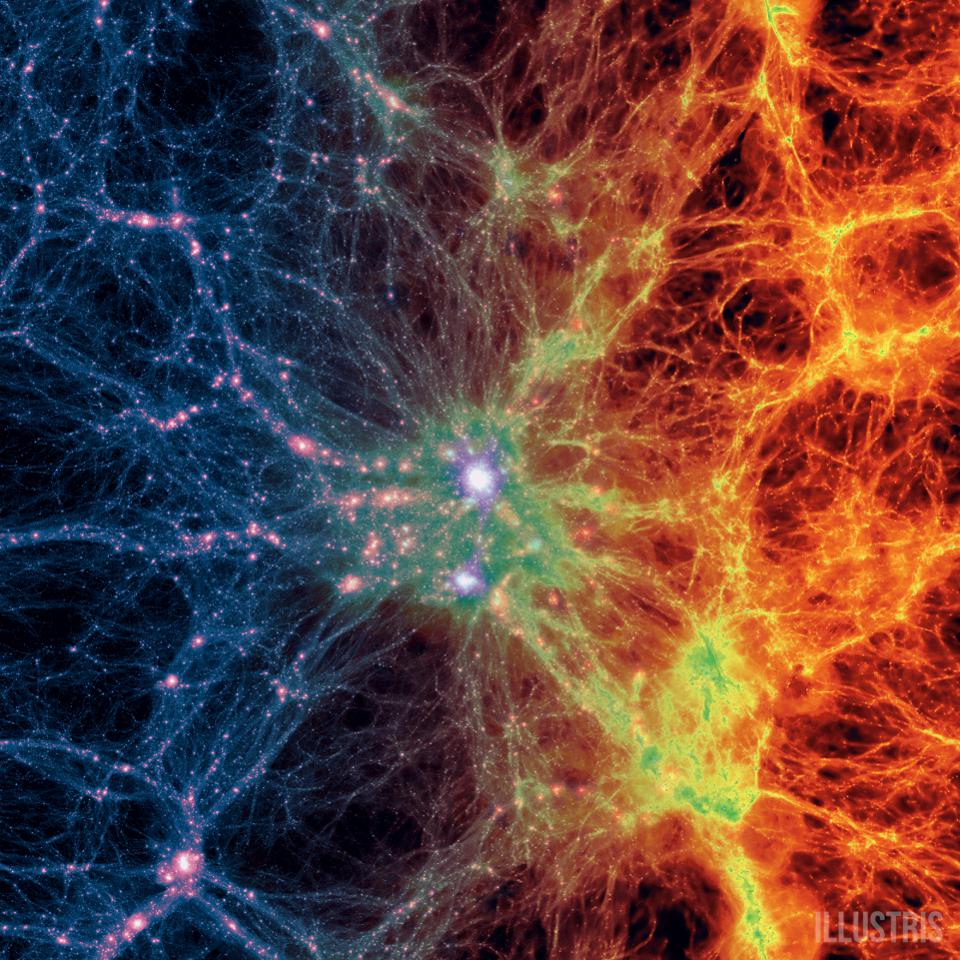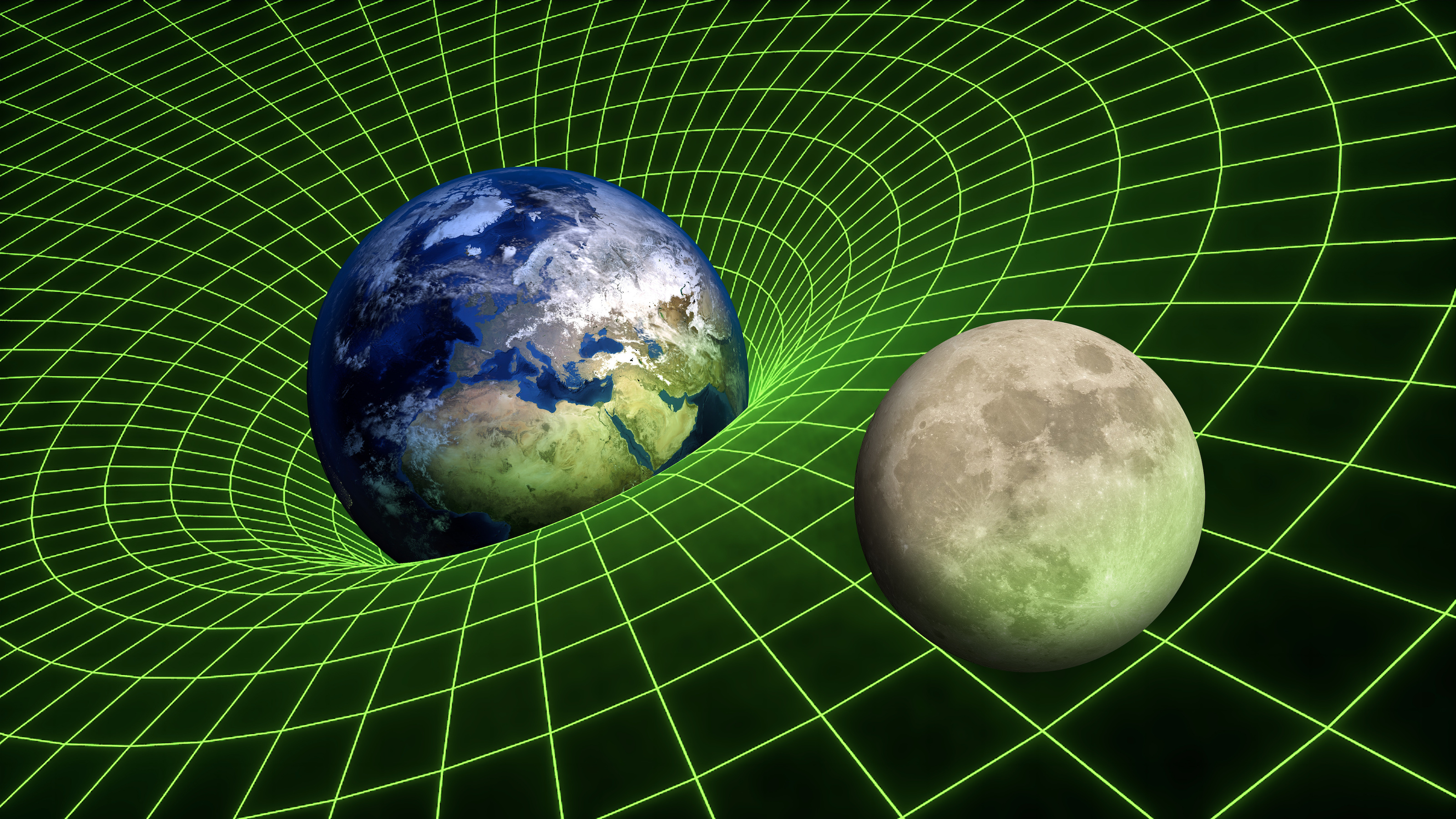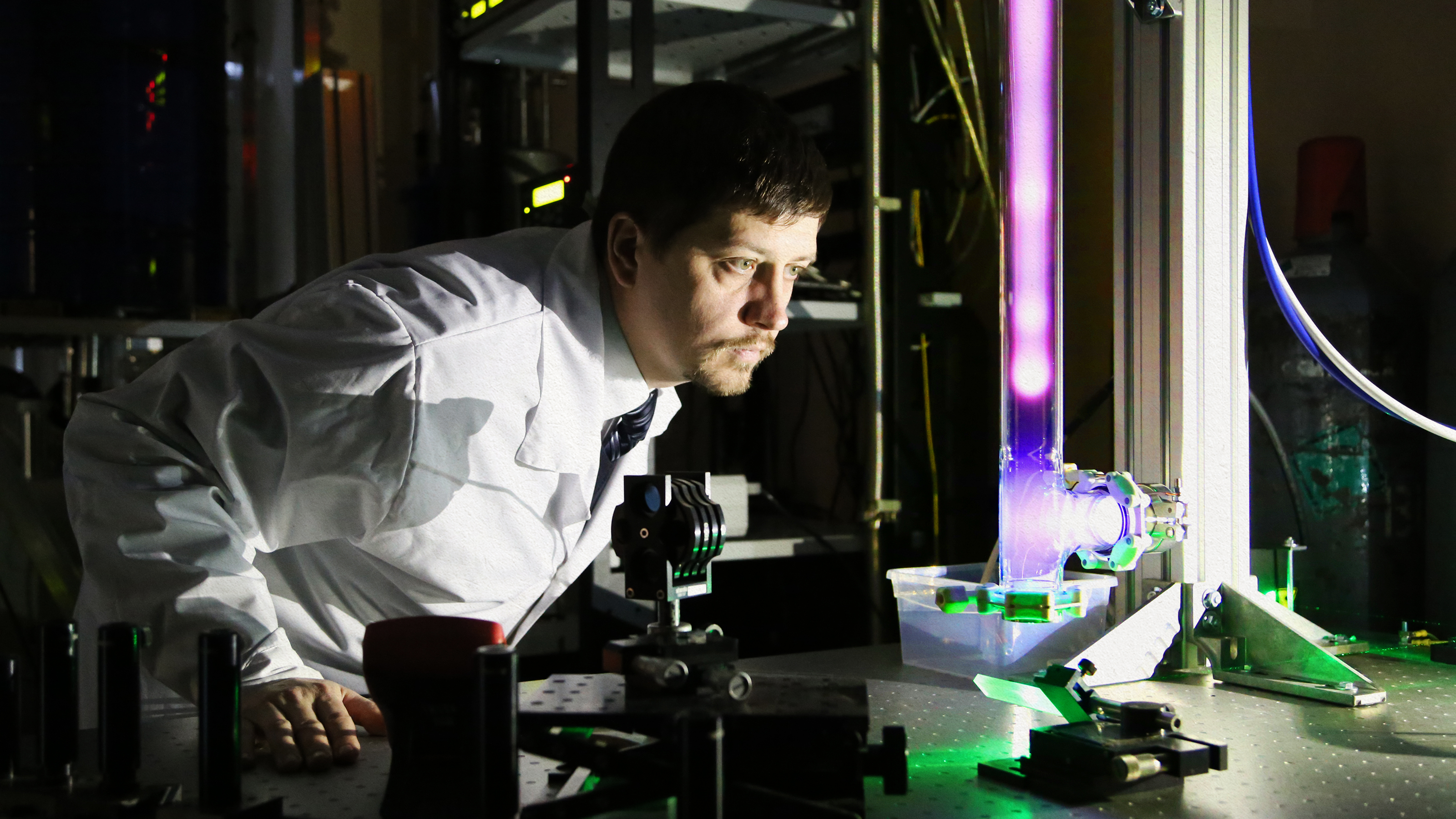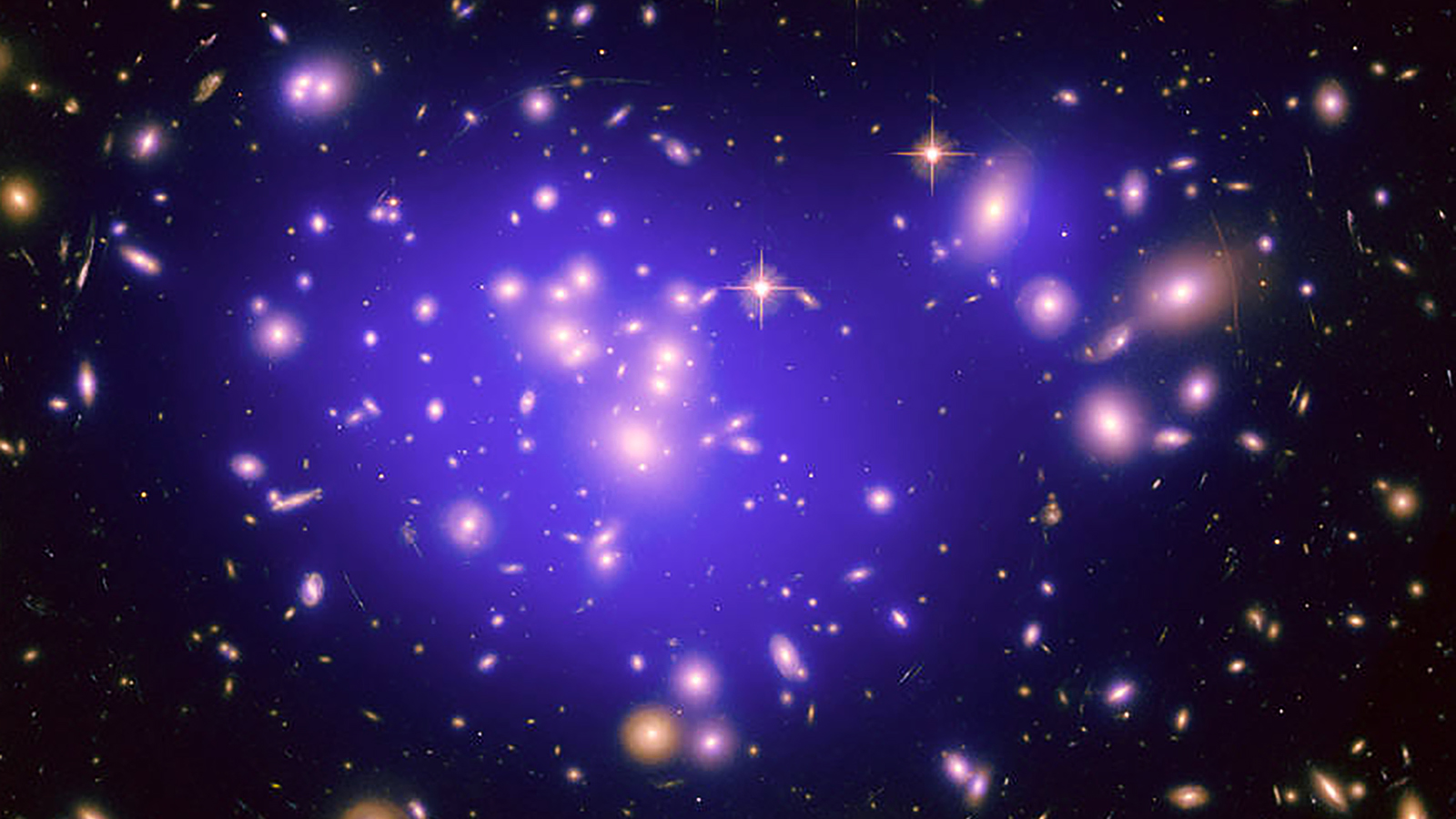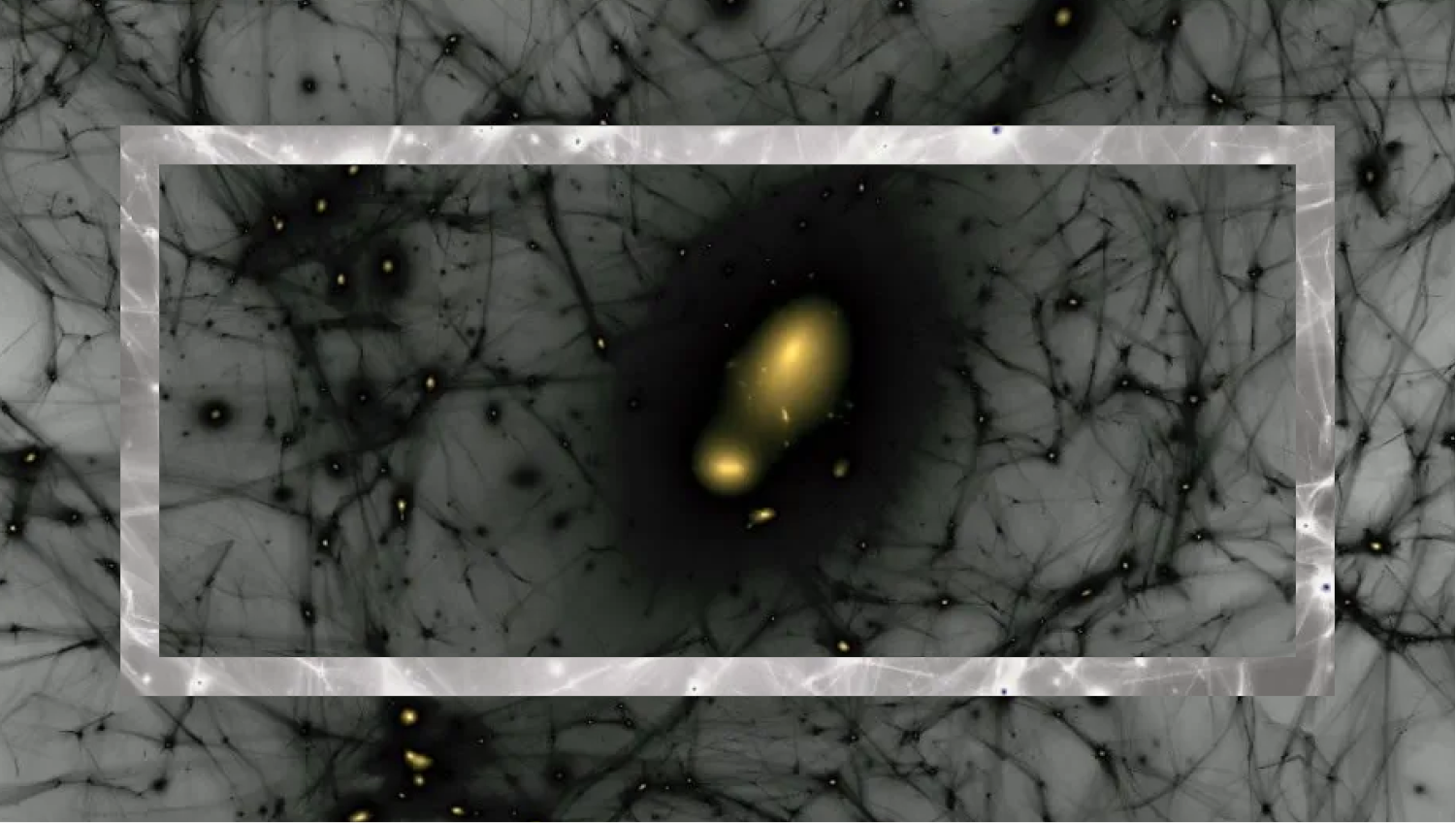Inflation, dark matter, and string theory are all proposed extensions to the prior consensus picture. But what does the evidence say?
Search Results
You searched for: gravity
The mass that gravitates and the mass that resists motion are, somehow, the same mass. But even Einstein didn’t know why this is so.
Bang bang all over the Universe.
When it comes to predicting the energy of empty space, the two leading theories disagree by a factor of 100 googol quintillion.
What do ghosts and anomalous galaxy rotation rates have in common? Some sci-fi enthusiasts believe the answer involves “parallel universes.”
Though he renounced philosophy, Stephen Hawking’s final theory of the universe redraws the basic foundations of cosmology.
We have two descriptions of the Universe that work perfectly well: General Relativity and quantum physics. Too bad they don’t work together.
In 2017, a kilonova sent light and gravitational waves across the Universe. Here on Earth, there was a 1.7 second signal arrival delay. Why?
The mutual distance between well-separated galaxies increases with time as the Universe expands. What else expands, and what doesn’t?
Atomic nuclei form in minutes. Atoms form in hundreds of thousands of years. But the “dark ages” rule thereafter, until stars finally form.
The paper does not prove the existence of dark matter, but it mostly eliminates a rival theory called Modified Newtonian Dynamics.
Physicists just can’t leave an incomplete theory alone; they try to repair it. When nature is kind, it can lead to a major breakthrough.
When black holes disappear, what happens to the stuff that fell in? Physicist Brian Cox explains.
▸
13 min
—
with
Although many of Einstein’s papers revolutionized physics, there’s one Einsteinian advance, generally, that towers over all the rest.
If Einstein couldn’t solve the theory of everything, could anyone? Physicist Michio Kaku explains what it would take.
▸
6 min
—
with
It’s not only the gravity from galaxies in a cluster that reveal dark matter, but the ejected, intracluster stars actually trace it out.
Its apples taste bad, but institutions all over the world want a descendant or clone of the tree, anyway.
Leading a scientific revolution is easy: you just have to succeed where the current theory fails while equaling its successes. Good luck!
Taught in every introductory physics class for centuries, the parabola is only an imperfect approximation for the true path of a projectile.
The Bullet Cluster has, for nearly 20 years, been hailed as an empirical “proof” of dark matter. Can their detractors explain it away?
Maybe the brain isn’t “classical” after all.
Capacitors, acid batteries, and other methods of storing electric charges all lose energy over time. These gravity-fed batteries won’t.
All matter particles can act as waves, and massless light waves show particle-like behavior. Can gravitational waves also be particle-like?
The “first cause” problem may forever remain unsolved, as it doesn’t fit with the way we do science.
The Universe gravitates so that normal matter and General Relativity alone can’t explain it. Here’s why dark matter beats modified gravity.
The theory is accurate within at least one part in a quadrillion.
The familiar terrain of solids, liquids, and gases gives way to the exotic realms of plasmas and degenerate matter.
Stars orbiting black holes were observed to move significantly slower than expected. One explanation centers on dark matter.
The question of why the Universe is the way it is is an ancient one, and none of the answers we have come up with are satisfying.
On the largest cosmic scales, galaxies line up along filaments, with great clusters forming at their intersection. Here’s how it took shape.

